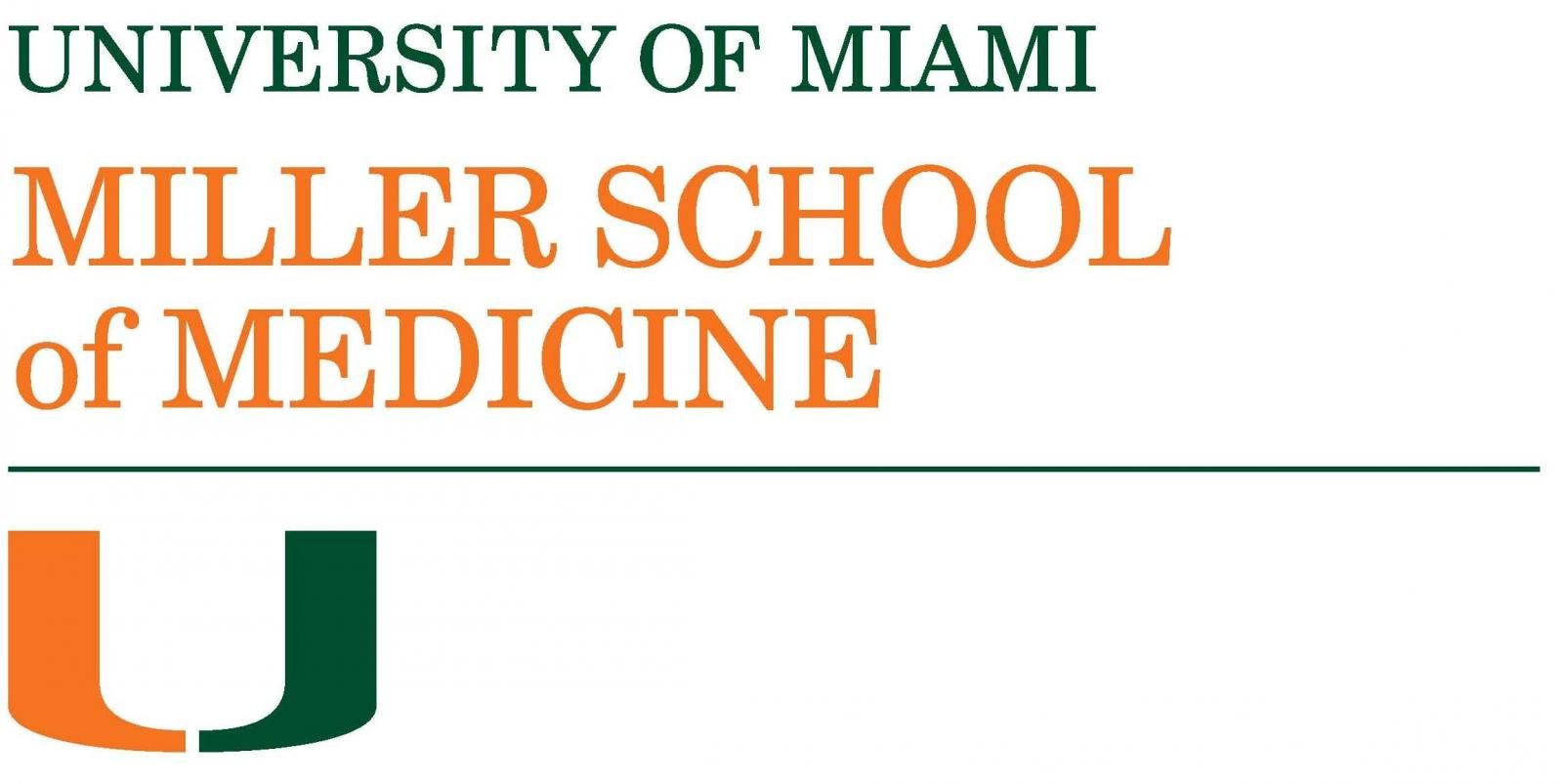
Dosing Commences in Phase 2 Study of CT1812 in Dementia With Lewy Bodies

The double-blind, placebo-controlled, randomized trial will evaluate CT1812, a small molecule therapeutic designed to address the dual assault from α-synuclein and amyloid-ß oligomers in patients with dementia with Lewy bodies.
According to a recent announcement, patient dosing has commenced in the phase 2 SHIMMER trial (NCT0522514) of CT1812 (Cognition Therapeutics), an oral small molecule therapeutic in development for the treatment of dementia with Lewy bodies (DLB).1
The double-blind, placebo-controlled, randomized trial is expected to enroll 120 adults aged 50 to 80 years old with DLB to be assigned to either placebo or 1 of 2 daily doses of CT1812 for 6 months. Supported by a $30 million grant from the National Institutes of Health’s National Institute on Aging, the study will assess outcomes such as safety, along with changes in cognitive performance, physical activity, and pharmacokinetic and pharmacodynamic biomarkers.
"Dementia with Lewy bodies is a devastating disease that has no disease-modifying treatments and impacts millions of people around the globe, yet remains under-funded and under-researched,”
In preclinical models of Alzheimer disease (AD), CT1812 significantly and dose-dependently displaced amyloid-ß (Aß) oligomers bound to synaptic receptors, as well as facilitated oligomer clearance into the cerebrospinal fluid (CSF), increased synaptic number and protein expression in neurons, and improved cognitive performance. CT1812, an orally bioavailable, brain penetrant small molecule antagonist of the sigma-2 receptor complex, also significantly increased CSF concentrations of Aß oligomers in CSF of AD. The agent also showed reduced concentrations of synaptic proteins and phosphorylated tau fragments, and reversed expression of many AD-related proteins dysregulated in CSF.2
"DLB is a poorly understood disease with no approved treatments and few active clinical research efforts. We are excited to explore the potential that our σ-2 receptor modulator, CT1812, may have therapeutic benefit for patients with this intractable disease," Anthony O. Caggiano, MD, PhD, chief medical officer, and head, Research & Development, Cognition Therapeutics, said in a statement.1 "Initiation of patient treatment in this interventional study is an important milestone for Cognition Therapeutics and for the DLB community. We are grateful to our collaborators at the Lewy Body Dementia Association and the Miller School of Medicine; as well as the continued support from the National Institute on Aging, who awarded Cognition the largest grant to date to study DLB."
Secondary measures of the study include the Montreal Cognitive Assessment Scale, Epworth Sleepiness Scale, Clinical Assessment of Fluctuation, Alzheimer Disease Cooperative Study (ADCS)-Clinical Global Impression of Change, and ADCS-Activities of Daily Living. Additionally, CSF will be collected and analyzed for alpha-synuclein content and established patterns of differential protein expression.
In 2019, data from a phase 1, two-part single and multiple ascending dose study of CT1812 was published, with the therapeutic agent demonstrating a well-tolerated profile across all cohorts. Over a 14-day treatment period, those in part A received doses of the study drug ranging from 10 to 1120 mg, while those in part B were administered 280, 560, and 840 mg once daily. An elderly cohort, aged 65 to 75 years, were dosed at 560 mg once daily for 14 days, with cognitive testing performed at baseline and conclusion of the treatment period.3
Adverse events in the study were mild to moderate in severity and included headache and GI tract symptoms. Additionally, over the 14-day treatment period, plasma concentrations were dose proportional across 2 orders of magnitude, along with minimal accumulation observed. In the healthy elderly cohort, cognitive scores remained similar from baseline to the end of the study period.
REFERENCES
1. Cognition Therapeutics doses first patient with dementia with Lewy bodies in phase 2 clinical study of CT1812. News release. Cognition Therapeutics. June 23, 2022. Accessed July 15, 2022. https://ir.cogrx.com/news-releases/news-release-details/cognition-therapeutics-doses-first-patient-dementia-lewy-bodies
2. Izzo NJ, Yuede CM, LaBarbera KM, et al. Preclinical and clinical biomarker studies of CT1812: a novel approach to Alzheimer’s disease modification. Alzheimers & Dement. 2021;17(8):1365-1382. doi:10.1002/alz.12302.
3. Grundman M, Morgan R, Lickliter JD, et al. A phase 1 clinical trial of the sigma-2 receptor compelx allosteric antagonist CT1812, a novel therapeutic candidate for Alzheimer’s disease. Alzheimers Dement. 2019;23(5):20-26. doi:10.1016/j.trci.2018.11.001.
Newsletter
Keep your finger on the pulse of neurology—subscribe to NeurologyLive for expert interviews, new data, and breakthrough treatment updates.










